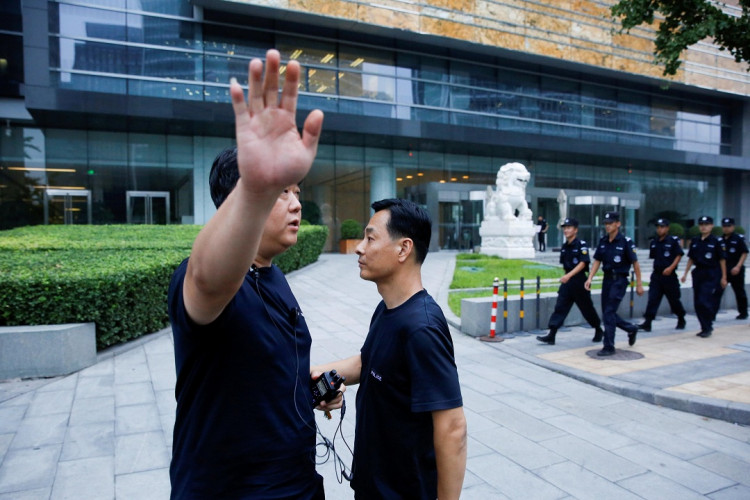The latest rules imposed by China's financial regulators could result in the closure of more peer-to-peer (P2P) lending companies this month. The goal of newly imposed strict rules on the rapidly growing industry is aimed at curbing risk exposure and minimizing the negative effects on more legitimate financial activities.
The newly imposed rules by the China Banking and Insurance Regulatory Commission (CBIRC) will mainly be targeting online P2P lending companies. These companies often entail high-risk lending activities that result in massive defaults, suicide, deaths, and illegal debt collections.
Since the CBIRC had started to impose stricter rules on these companies, the number of P2P firms in active operation has rapidly declined over the last 15 months. According to figures released by the CBIRC, more than 1,200 P2P companies have already ceased operations since it had started to strictly enforce its new regulations.
CBIRC vice-chairman, Zhu Shumin, mentioned in a press conference that the agency is aiming to force P2P lending platforms into more legitimate microcredit firms that can be more closely monitored. By becoming microcredit firms, the companies can now be placed under more strict regulatory standards, which will include the requirement of higher collaterals.
The goal of the move will be to mitigate P2P defaults and eliminate the misusing of funds. This will work in conjunction with previously imposed regulations.
This includes the new rules imposed by internet finance authorities in September, which had required P2P platforms to fully disclose the credit information of its borrower to China's major credit bureaus. By having access to this information, individual lenders using the P2P platforms will become more protected.
Apart from massive defaults in the P2P industry, China is also currently facing problems with non-performing loans through traditional commercial banks. Since 2017, the country has had an estimated $692.8 billion in bad loans. The sector has tried to dispose of these bad loans as best they can through different methods.
The CBIRC has vowed to maintain tight supervision on commercial banks to ensure that there will be no manipulation of accounts. Banks will be required to be open about their non-performing loans to reflect their true risk levels.
The CBIRC mentioned that they will be placing much of their focus on small to medium-sized loans. The agency will apparently implement various measures to prevent any systemic financial risks from getting out of control. As a result of its efforts, China's "shadow banking" sector has rapidly decreased. The CBIRC stated that assets from the sector have been reduced by more than 15 trillion yuan over the past two years.






